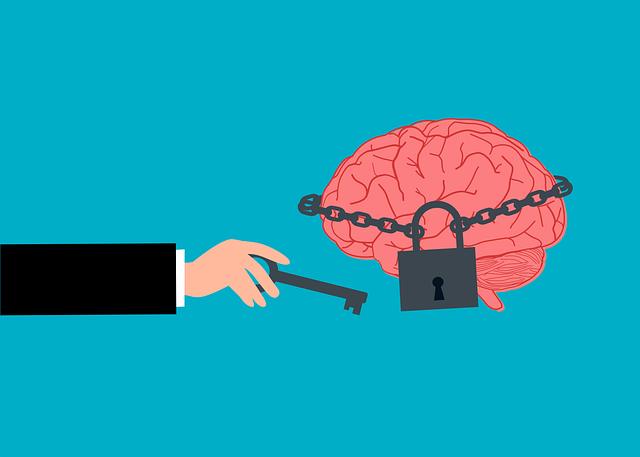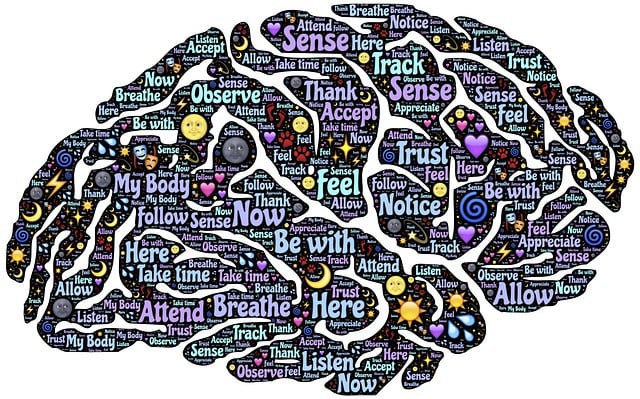Mental health professionals play a critical role in treating young children with sexual addiction, but this field presents unique challenges such as re-traumatization, cultural competency gaps, and client resistance. Effective strategies include risk assessment, tailored therapy, conflict resolution training, and staying updated on research. Implementing community outreach, conflict resolution techniques, and personalized risk management plans can create a safer environment, improve treatment outcomes, and protect both practitioners and young clients.
Mental health professionals face unique challenges when treating sensitive issues like sexual addiction, especially in young children. This article delves into a critical aspect often overlooked—risk assessment. We explore the potential dangers within this therapeutic domain and present comprehensive strategies to navigate them effectively. From understanding specific risks in child therapy to implementing practical safety measures, mental health practitioners can ensure their practices are equipped to handle these complex scenarios, fostering secure environments for both clients and professionals.
- Understanding the Risks: Exploring Potential Dangers in Young Children's Therapy for Sexual Addiction
- Comprehensive Risk Assessment Strategies for Mental Health Professionals
- Mitigating Risks and Ensuring Safety: Practical Steps for Clinical Practices
Understanding the Risks: Exploring Potential Dangers in Young Children's Therapy for Sexual Addiction

Understanding the risks associated with Therapy for Young Children Sexual Addiction is paramount for mental health professionals. This field presents unique challenges due to the sensitive nature of the issue and the vulnerability of young clients. Potential dangers include the risk of re-traumatization, as discussions around sexual addiction can stir up painful memories or trigger emotional responses that are difficult to manage, especially in a therapeutic setting. Additionally, cultural competency training for healthcare providers is essential; children from diverse backgrounds may have unique perspectives and experiences related to sexuality and addiction, requiring specialized knowledge and adaptive communication strategies to build trust and ensure effective treatment.
Effective conflict resolution techniques are also critical in navigating these delicate situations. Young clients might struggle with feelings of shame or guilt, leading to resistance or open hostility. Mental health professionals must be equipped with skills to de-escalate conflicts, foster open dialogue, and boost client confidence through empathetic listening and clear communication. These strategies not only enhance the therapeutic process but also contribute to the overall well-being of both the provider and the child, ensuring a safer and more supportive environment for healing.
Comprehensive Risk Assessment Strategies for Mental Health Professionals

Mental health professionals must adopt comprehensive risk assessment strategies to ensure the safety and well-being of their young clients, especially when addressing complex issues like sexual addiction. A thorough evaluation involves understanding the client’s history, current circumstances, and potential triggers. By integrating therapy for young children with sexual addiction into their practice, professionals can facilitate emotional healing processes, which are crucial components of mental wellness coaching programs development.
Comprehensive risk assessment requires a multi-faceted approach, including clinical interviews, behavioral observations, and specialized tools tailored to identify risks specific to each client. Staying informed about the latest research and guidelines on sexual addiction in children is vital. Enhancing mental health awareness among professionals enables them to navigate this delicate landscape effectively, ensuring they provide the best care possible while mitigating potential risks.
Mitigating Risks and Ensuring Safety: Practical Steps for Clinical Practices

Mental health professionals are tasked with helping others navigate their most vulnerable moments, which naturally carries significant risks. Mitigating these risks and ensuring safety is paramount for both practitioners and the clients they serve, especially when addressing complex issues like therapy for young children with sexual addiction.
Practical steps towards this goal include implementing a robust Community Outreach Program to connect with at-risk populations early and prevent escalation of issues, fostering strong Conflict Resolution Techniques within clinical practices to manage potential conflicts or misunderstandings, and creating comprehensive Risk Management Planning specific to the unique challenges presented by each client. By integrating these strategies into their workflow, mental health professionals can foster a safer environment, enhance their ability to provide effective treatment, and ultimately improve outcomes for those they serve.
Mental health professionals working with young children suffering from sexual addiction must navigate complex risks. By understanding the potential dangers, implementing comprehensive risk assessment strategies, and adopting practical safety measures in their clinical practices, therapists can mitigate these risks effectively. This ensures a safer environment for both clients and practitioners while providing quality care for those struggling with this sensitive issue. In focusing on Therapy for Young Children Sexual Addiction, we emphasize the importance of proactive risk management to foster healing and prevent further harm.









